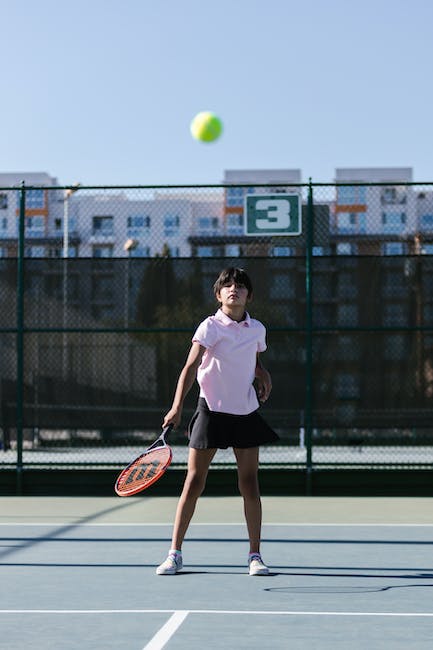
Why do you need a tennis coach?
You might think that you can learn tennis by yourself, or by watching videos online, or by playing with your friends. While these methods can be helpful, they are not enough to make you a better player. A tennis coach can provide you with personalized feedback, guidance, and motivation that you can’t get from other sources. A tennis coach can help you:
- Learn the proper techniques and fundamentals of tennis
- Correct your mistakes and bad habits
- Develop your strengths and work on your weaknesses
- Improve your strategy and tactics
- Boost your confidence and mental toughness
- Prepare for competitions and tournaments
A tennis coach can also make your learning process more fun and enjoyable. You can have someone to share your progress, challenges, and achievements with. You can also benefit from the social interaction and support that a tennis coach can offer.
How to find a tennis coach near you?
There are many ways to find a tennis coach near you. Here are some of the most common ones:
- Ask for recommendations from your friends, family, or colleagues who play tennis or have taken tennis lessons before. They might know some good tennis coaches in your area, or have some feedback on the ones they have tried.
- Search online for tennis coaches using websites like PlayYourCourt or MyTennisLessons. These websites allow you to enter your zip code, skill level, and availability, and then match you with qualified tennis coaches near you. You can also read reviews, compare prices, and book lessons online.
- Visit your local tennis club or facility and ask for their list of tennis coaches. You can also check their bulletin boards, flyers, or websites for information on their coaching programs and staff. You might be able to watch some of the coaches in action, or join a free trial lesson.
- Contact your local parks and recreation department and inquire about their tennis programs and instructors. Some parks and recreation departments offer affordable or free tennis lessons for the community, especially for kids and seniors. You can also find out if there are any public courts near you where you can practice or play with other players.
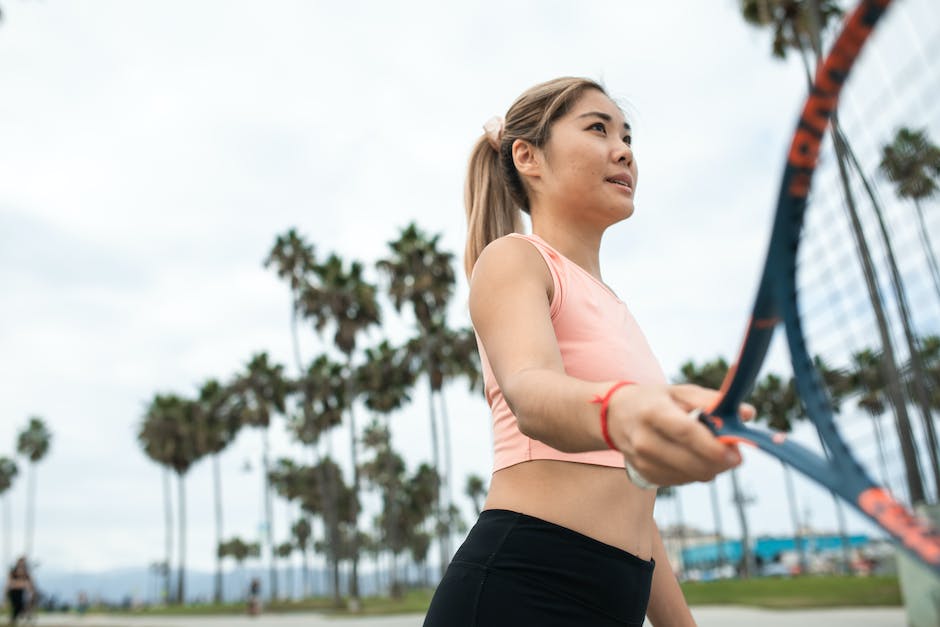
How to choose the right tennis coach for you?
Once you have found some potential tennis coaches near you, you need to narrow down your options and choose the one that best fits your needs and preferences. Here are some factors to consider when choosing a tennis coach:
- Qualifications and experience: Look for a tennis coach who has the appropriate credentials, such as certifications from professional organizations like the United States Professional Tennis Association (USPTA) or the Professional Tennis Registry (PTR). Also, check their background and track record as a player and as a coach. How long have they been coaching? What level of players have they coached? What are their specialties and areas of expertise?
- Teaching style and personality: Look for a tennis coach who has a compatible teaching style and personality with yours. Do you prefer a coach who is more strict or more relaxed? More formal or more casual? More directive or more collaborative? More serious or more humorous? You can get a sense of their teaching style and personality by reading their profile, watching their videos, or talking to them on the phone or in person.
- Availability and location: Look for a tennis coach who has a flexible schedule and a convenient location. How often do you want to take lessons? What days and times are you available? How far are you willing to travel? You want to find a tennis coach who can accommodate your availability and location preferences, so that you can stick to your learning plan and avoid unnecessary hassle.
- Rates and packages: Look for a tennis coach who offers reasonable rates and packages that suit your budget. How much do they charge per hour or per lesson? Do they offer discounts for bulk purchases or referrals? Do they have any hidden fees or cancellation policies? You want to find a tennis coach who can provide value for your money, without compromising on quality.
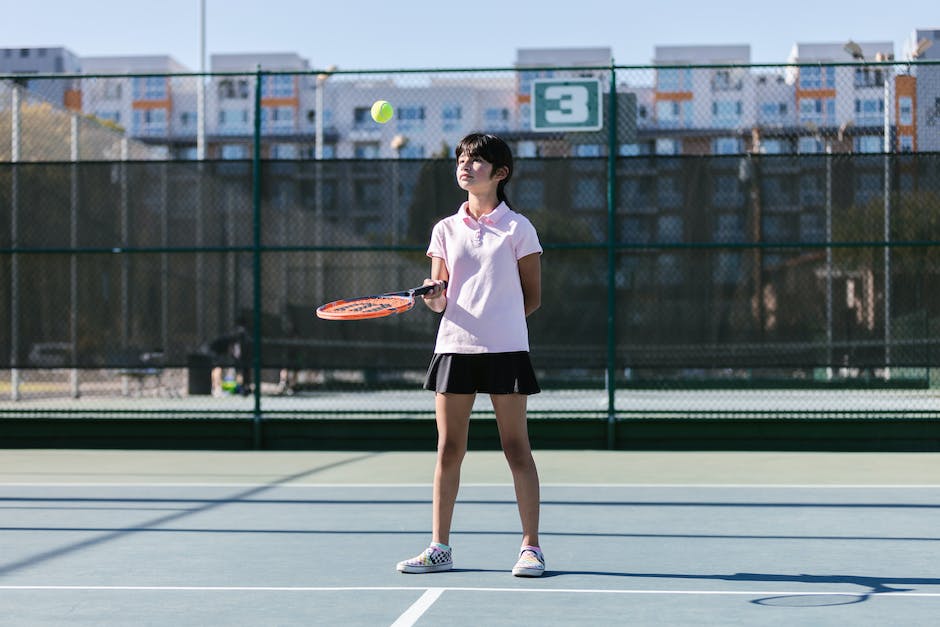
How to make the most of your tennis lessons?
After you have chosen your tennis coach, you need to prepare yourself for your tennis lessons. Here are some tips on how to make the most of your tennis lessons:
- Set realistic goals: Before you start your lessons, think about what you want to achieve from them. Do you want to learn the basics of tennis? Do you want to improve your serve or backhand? Do you want to compete in tournaments or leagues? Having clear and realistic goals can help you focus your efforts and measure your progress.
- Communicate with your coach: During your lessons, communicate openly and honestly with your coach. Tell them your goals, expectations, and feedback. Ask them questions, listen to their advice, and follow their instructions. Be respectful, attentive, and cooperative. Your coach is there to help you, but you also need to do your part.
- Practice regularly: Between your lessons, practice what you have learned on your own or with other players. The more you practice, the more you will improve your skills and confidence. Try to practice at least once or twice a week, for at least an hour each time. You can also watch tennis videos, read tennis books, or join tennis forums to learn more about the game.
- Have fun and enjoy the process: Above all, have fun and enjoy the process of learning tennis. Tennis is a sport that can bring you joy, satisfaction, and fulfillment. Don’t be too hard on yourself, or too obsessed with the outcome. Celebrate your achievements, learn from your mistakes, and enjoy the journey.
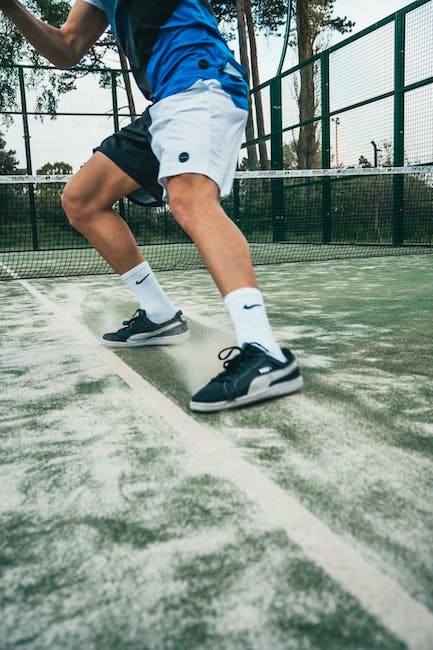
Conclusion
Finding a tennis coach can be a rewarding and worthwhile investment for your tennis development and enjoyment. By following the tips and resources in this blog post, you can find a tennis coach that matches your needs and preferences, and make the most of your tennis lessons. Whether you’re a beginner or an advanced player, a good tennis coach can help you take your game to the next level and have more fun on the court.
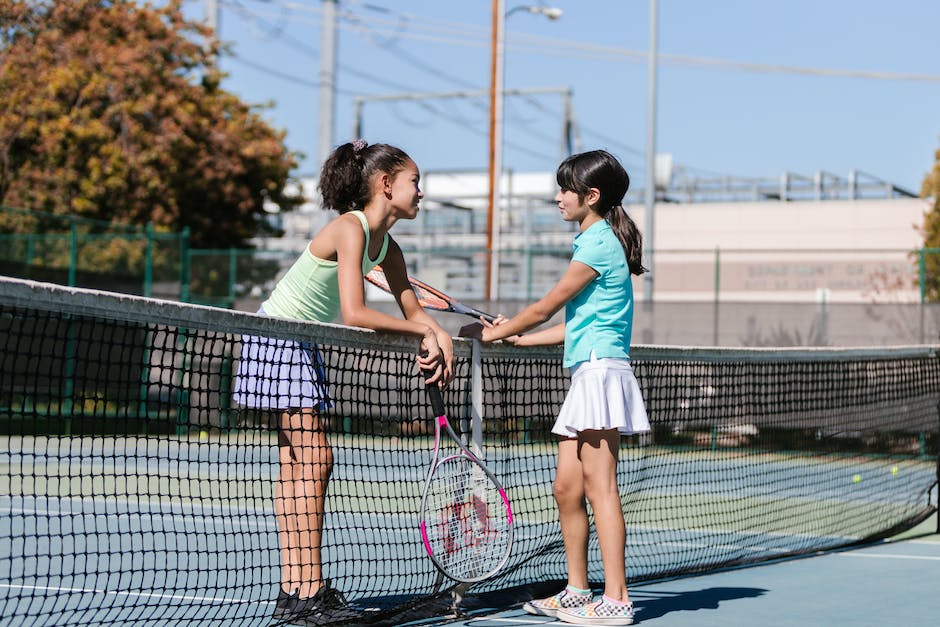
FAQ
How much do tennis lessons cost?
The cost of tennis lessons depends on various factors, such as the location, duration, frequency, and quality of the lessons. Generally, the average cost of tennis lessons in the US ranges from $25 to $80 per hour. However, you can also find cheaper or more expensive options depending on your situation. For example, you can save money by taking group lessons, buying packages, or finding a coach who offers discounts. On the other hand, you might pay more for private lessons, elite coaches, or premium facilities.
How long does it take to learn tennis?
The answer to this question varies depending on your goals, skill level, and learning pace. Some people might learn the basics of tennis in a few weeks or months, while others might take years to master the game. However, a general rule of thumb is that it takes about 10,000 hours of deliberate practice to achieve expertise in any skill, including tennis. This means that if you practice for an hour a day, five days a week, it would take you about 38 years to become an expert. Of course, this is just an estimate, and you can speed up or slow down your learning process depending on your motivation, effort, and guidance.
How do I know if I’m improving in tennis?
There are many ways to measure your improvement in tennis, such as:
- Tracking your statistics and performance indicators, such as your win-loss ratio, number of aces, unforced errors, points won, etc.
- Recording and reviewing your matches and practice sessions, and analyzing your strengths and weaknesses
- Seeking feedback from your coach, partner, or opponent, and asking them to rate your skills and progress
- Setting and achieving specific and measurable goals, such as improving your serve speed, accuracy, or consistency
- Comparing yourself to your previous self, and noticing how much you have improved over time
How often should I take tennis lessons?
The frequency of your tennis lessons depends on your goals, availability, and budget. Ideally, you should take at least one lesson per week to maintain and improve your skills. However, you can also take more or less lessons depending on your situation. For example, if you are preparing for a tournament or want to advance quickly, you might want to take two or three lessons per week. On the other hand, if you are busy or have limited funds, you might want to take one lesson every two weeks or once a month.
How do I find a good tennis partner?
Finding a good tennis partner can enhance your learning experience and enjoyment of the game. A good tennis partner should be someone who:
- Has a similar skill level as you, or slightly higher or lower
- Has a compatible playing style and personality with you
- Has a similar availability and location as you
- Shares your goals and expectations for the game
- Is respectful, supportive, and fun to play with
You can find a good tennis partner by:
- Asking your friends, family, or colleagues who play tennis or are interested in learning
- Joining online platforms or apps that connect tennis players in your area
- Signing up for local leagues or tournaments that match players based on their skill level
- Visiting your local tennis club or facility and meeting other players there
What equipment do I need for tennis?
The basic equipment that you need for tennis are:
- A tennis racket: You should choose a racket that suits your skill level, playing style, and physical characteristics. You can consult your coach or a professional at a sports store for advice on how to choose the right racket for you.
- Tennis balls: You should use good quality balls that are approved by the [International Tennis Federation (ITF)]. You can buy them in cans of three or four balls each. You should replace them when they lose their bounce or become worn out.
- Tennis shoes: You should wear shoes that are designed for tennis and fit your feet well. They should have good cushioning, support, stability, and traction. You should also choose shoes that match the surface that you play on.
- Tennis clothing: You should wear clothing that is comfortable, breathable, and allows you to move freely. You can wear shorts or skirts with pockets to hold the balls. You can also wear hats or visors to protect your eyes from the sun.
- Tennis accessories: You might also need some accessories to enhance your game or protect yourself from injuries. For example, you might need a racket bag to carry your equipment; a towel to wipe off sweat; a water bottle to stay hydrated; sunscreen to prevent sunburn; sunglasses to reduce glare; wristbands or headbands to absorb sweat; grips or overgrips to improve your racket handle; dampeners to reduce vibration; strings or string savers to maintain your racket tension; tape or bandages to prevent blisters; braces or supports to protect your joints; etc.
How do I warm up for tennis?
Warming up for tennis is important to prevent injuries and prepare your body and mind for the game. A good warm-up should consist of three phases:
- General warm-up: This phase involves doing some light cardio exercises, such as jogging, skipping, cycling, etc., for about 10 minutes. This will increase your blood flow, heart rate, and body temperature.
- Dynamic stretching: This phase involves doing some dynamic stretches, such as lunges, squats, arm circles, leg swings, etc., for about 10 minutes. This will loosen up your muscles, joints, and tendons, and improve your range of motion.
- Specific warm-up: This phase involves doing some tennis-specific drills, such as hitting forehands, backhands, volleys, serves, etc., for about 10 minutes. This will activate your tennis muscles, improve your coordination and timing, and sharpen your focus.
How do I cool down after tennis?
Cooling down after tennis is important to recover from the game and prevent soreness and stiffness. A good cool-down should consist of two phases:
- Light cardio: This phase involves doing some light cardio exercises, such as walking, jogging, cycling, etc., for about 10 minutes. This will lower your heart rate and blood pressure, and flush out the lactic acid and toxins from your muscles.
- Static stretching: This phase involves doing some static stretches, such as hamstring stretch, quad stretch, calf stretch, shoulder stretch, chest stretch, etc., for about 10 minutes. This will relax your muscles, joints, and tendons, and improve your flexibility.
How do I prevent tennis injuries?
Tennis injuries are common among players of all levels and ages. Some of the most common tennis injuries are:
- Tennis elbow: This is a condition that causes pain and inflammation in the outer part of the elbow. It is caused by overuse or improper technique of the forearm muscles that attach to the elbow.
- Rotator cuff injury: This is a condition that causes pain and inflammation in the shoulder. It is caused by overuse or improper technique of the shoulder muscles that stabilize the shoulder joint.
- Wrist injury: This is a condition that causes pain and inflammation in the wrist. It is caused by overuse or improper technique of the wrist muscles that control the racket movement.
- Ankle sprain: This is a condition that causes pain and swelling in the ankle. It is caused by twisting or rolling the ankle while running or changing direction.
- Knee injury: This is a condition that causes pain and swelling in the knee. It is caused by overuse or improper technique of the knee muscles that support the knee joint.
You can prevent tennis injuries by:
- Warming up properly before playing
- Cooling down properly after playing
- Using the right equipment and technique
- Strengthening your core and stabilizing muscles
- Stretching regularly and improving your flexibility
- Resting adequately and avoiding overtraining
- Hydrating well and eating a balanced diet
- Seeking medical attention if you have any pain or discomfort
How do I improve my mental game in tennis?
Tennis is not only a physical game but also a mental game. Your mental game can affect your performance, confidence, and enjoyment of the game. You can improve your mental game in tennis by:
- Setting realistic and achievable goals
- Developing a positive and optimistic attitude
- Focusing on the present moment and the process
- Managing your emotions and stress levels
- Using positive self-talk and affirmations
- Visualizing your desired outcomes
- Learning from your mistakes and failures
- Having fun and enjoying the game







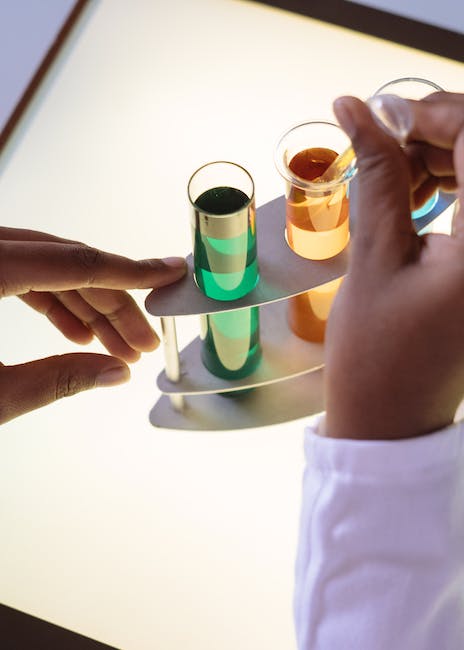
No Comment! Be the first one.